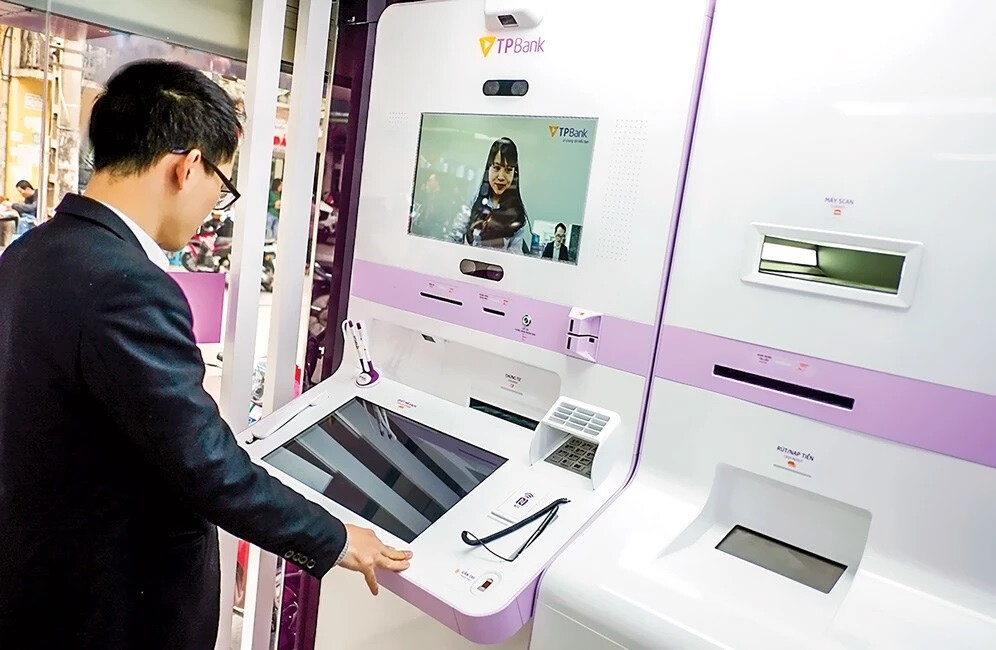
Hanoi – Vietnam's digital banking sector has witnessed remarkable growth in recent years, significantly improving services for both individuals and businesses. Data reveals that over 87% of Vietnam's adult population now possesses bank payment accounts, with credit institutions processing over 95% of transactions digitally. This transformation is fueled by continuous upgrades to banking technology infrastructure.
The State Bank of Vietnam (SBV) has reported explosive growth in mobile and QR code payment transactions, averaging over 100% growth annually for the past five years. The interbank electronic payment system now processes VNĐ830 trillion (US$32.83 billion) daily, while the financial switching and electronic clearing system handles 20-25 million transactions each day.
The National Payment Corporation of Vietnam (NAPAS), the licensed payment intermediary for financial switching and electronic clearing services, facilitated 9.56 billion transactions in 2024, a 30% year-on-year increase. NAPAS's FastFund 247 service experienced particularly strong growth, with transaction volumes up 33.5% and values up 14.9%. Conversely, ATM transactions continued their decline, dropping 19.5% in volume and 19.1% in value, now representing only 2.63% of total NAPAS system transactions.
Commercial banks are leveraging technology upgrades to diversify their service offerings. Vietcombank has implemented an AI-powered customer service system utilizing big data for personalized experiences. Their VCB Digibank app now features direct calling capabilities via WebRTC technology, integrated with the existing VoIP system. TPBank has adopted cloud computing, big data, and AI to modernize its database infrastructure and enhance efficiency across all transaction channels. At Military Commercial Joint Stock Bank (MB), digital channels handled 6.5 billion transactions in 2024, representing 96.7% of all transactions. MB has also developed a super-app with over 200 mini-apps, offering services ranging from online loans to hotel bookings.
Despite this progress, the digital transformation journey faces challenges. Industry experts cite the need for comprehensive legal frameworks, robust cybersecurity measures, and a skilled workforce. Banks recognize that developing a strong infrastructure and cutting-edge technology solutions is crucial for competitive advantage against fintech firms and online platforms. They also acknowledge the challenges posed by evolving customer expectations and rapid shifts in consumer behavior.
Banks emphasize the importance of developing and upgrading digital services, advocating for international compliance with cybersecurity standards. They suggest that authorities establish mechanisms to protect users, improve responses to electronic banking fraud, and develop more effective security solutions. The focus remains on enhancing customer experience across all transaction channels while navigating the dynamic landscape of digital finance.
[Copyright (c) Global Economic Times. All Rights Reserved.]






























